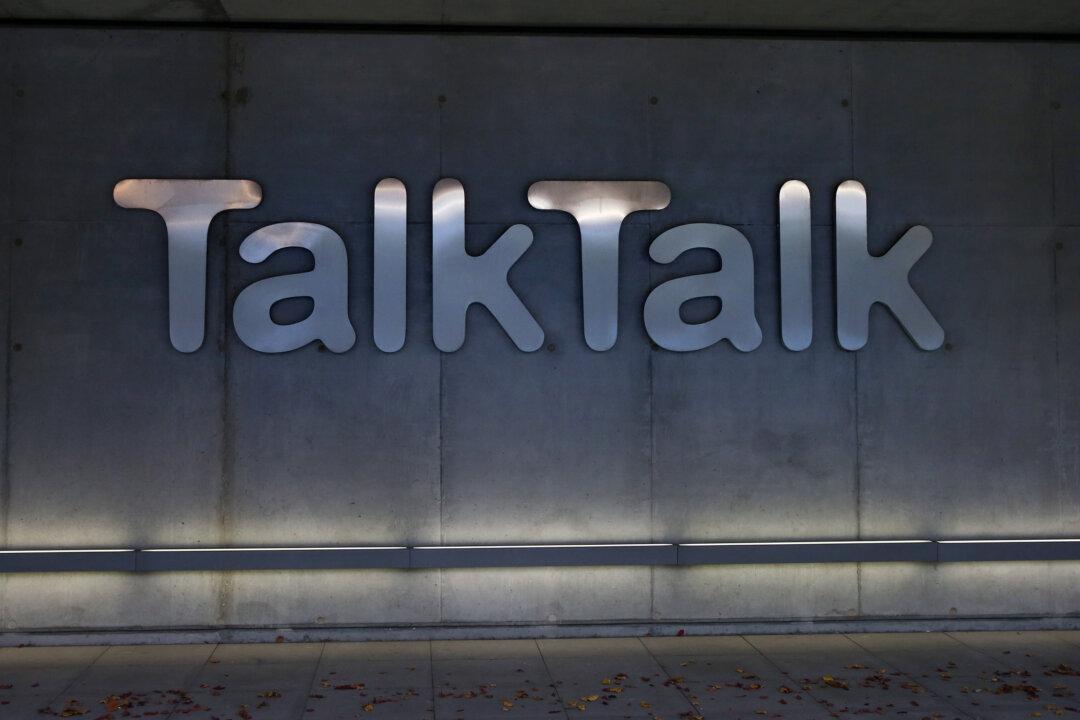In the aftermath of the TalkTalk hack there was speculation over the possible involvement of terrorists, vast financial loss, and an impending cybercrime tsunami from stolen personal data. There have been apocalyptic warnings from businesses, and the announcement of government enquiries alongside reports of customers already losing money or receiving fraudulent phone calls. Fear of cybercrime has gone through the roof.
Then a 15-year-old teenager from Northern Ireland was arrested and subsequently bailed in connection with the hack.
Whoever was behind it, TalkTalk has confirmed that although some personal information may have been stolen, full card numbers had not been compromised and much of the speculation has also turned out to be unfounded. Embarrassing questions have been asked of TalkTalk’s security people and their response, not least because TalkTalk has suffered cyberattacks twice this year alone.


